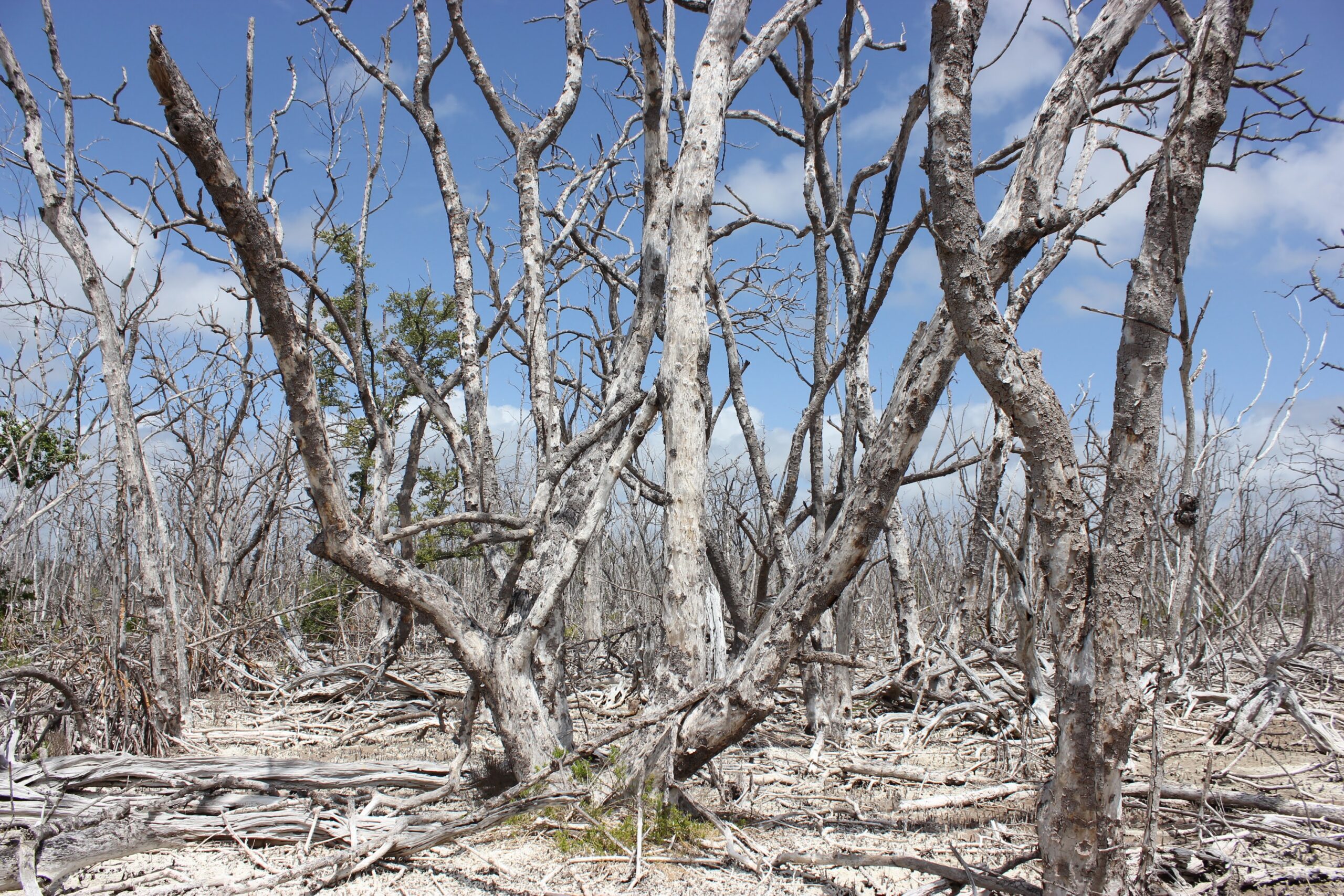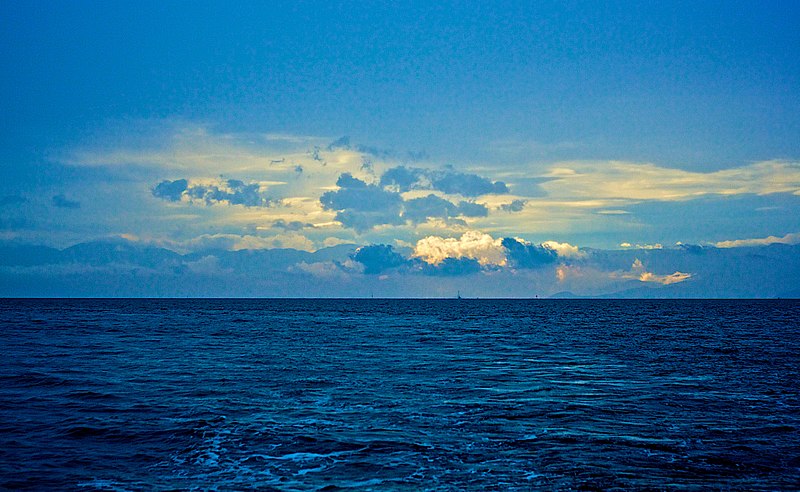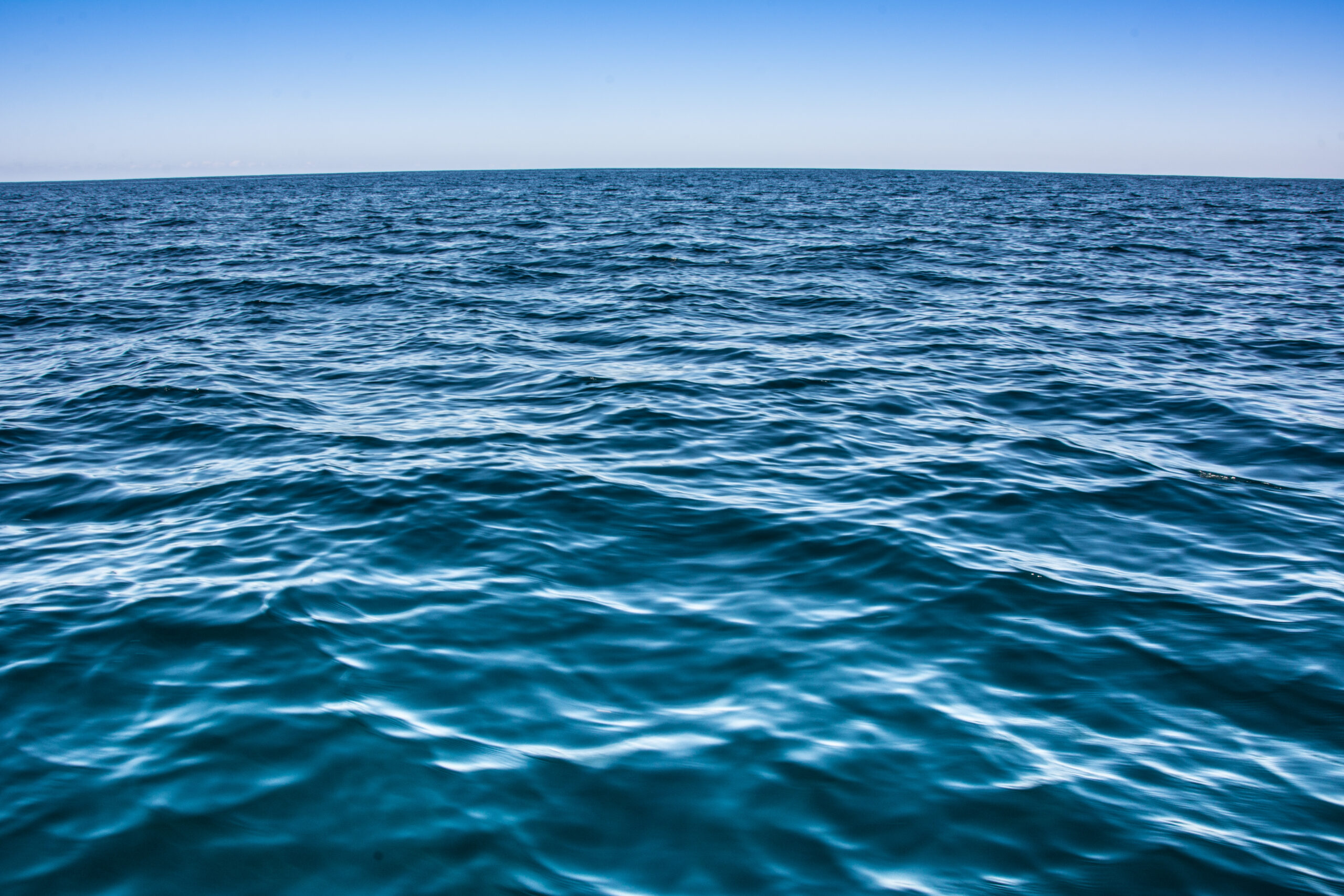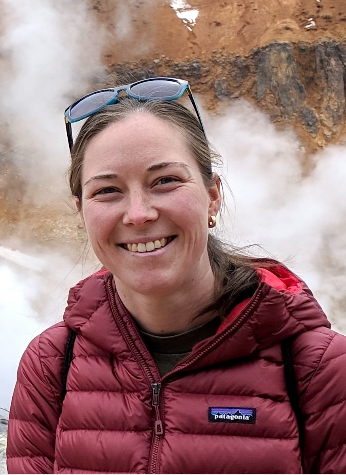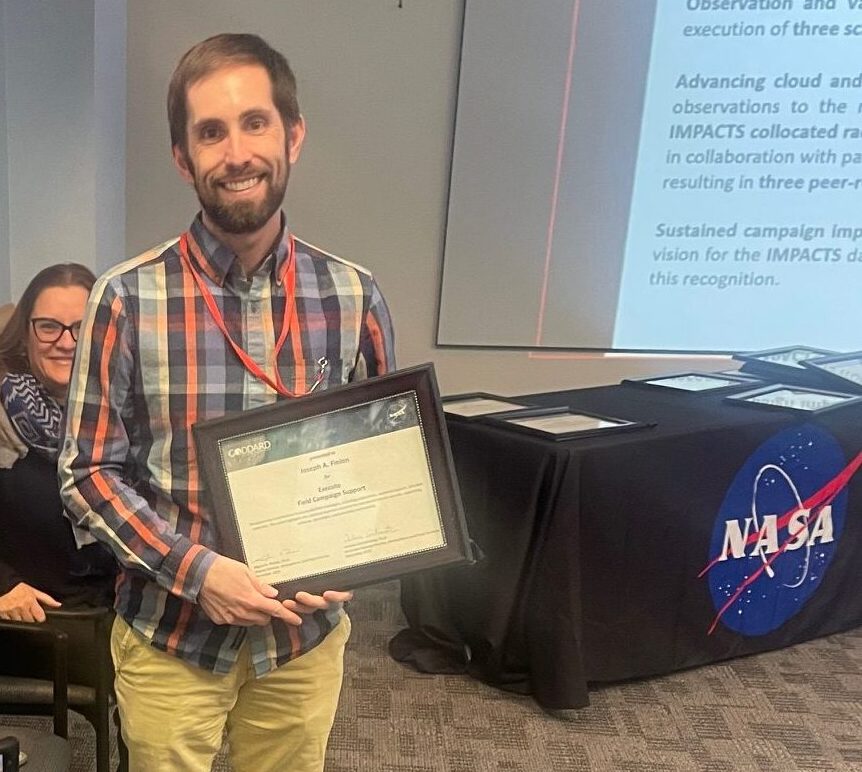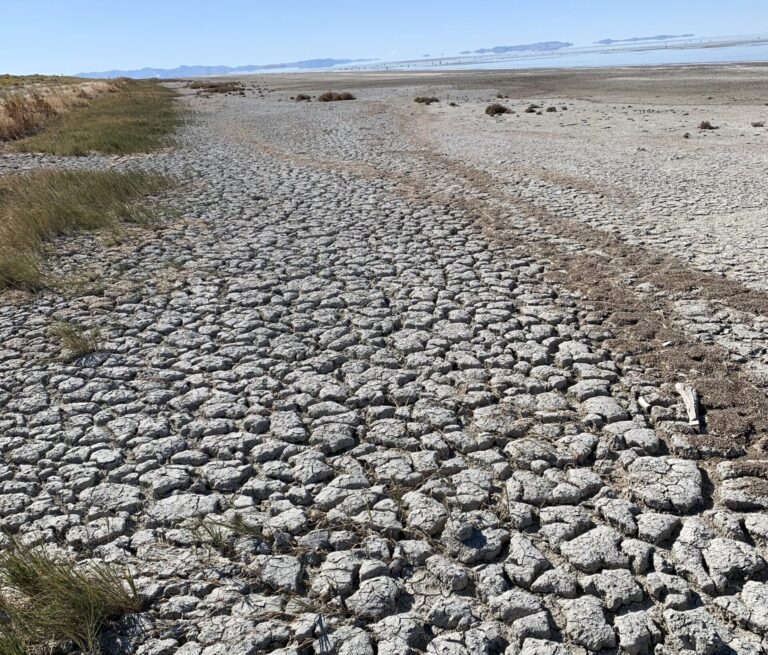
Dorothy Hall is first author on a paper recently published in American Geophysical Union’s (AGU) open access journal Earth and Space Science about the increasing desiccation of lakes in the United State’s Great Basin.
The Great Basin, which includes much of Nevada, Utah, Idaho, Wyoming, Oregon, and California, has many terminal lakes, or basins that retain water without outflow to other external bodies of water. These lakes are important ecosystem fixtures, hosting critical wildlife habitat and food sources for migrating birds. In the last 100+ years, water levels in these lakes have declined dramatically due to diversion of inflows, droughts, and climate change.
When these lakes desiccate, costly human health and economic consequences can arise. When a lakebed of a terminal lake expands because the lake is drying up, “dust” from the lakebed which can contain toxic minerals, can become airborne during windstorms and create dangerous air pollution episodes, leading to serious human health consequences.
Satellite-derived environmental science data records (ESDRs) from the MODerate-resolution Imaging Spectroradiometer (MODIS) enable a unique approach to evaluate the effects of aridification on terminal lakes and to study their individual vulnerabilities.
MODIS ESDRs show surface and air temperatures in the Great Basin are rising dramatically while the number of days of snow cover is declining. Rising temperatures coincide with fewer days of snow cover, a decrease of inflow to the lakes and greater evaporation of water from the lakes. Evapotranspiration declined slightly in the more arid parts of the Great Basin due to greater moisture restrictions to evaporation from extended drought, while evapotranspiration increased in the more-vegetated, wetter, mountainous northeastern parts as temperatures have risen.
If the lakes continue to decline as predicted, researchers expect severe and costly ecological, human health and economic consequences.
Hall is an ESSIC research scientist and a senior scientist in the Cryospheric Sciences Laboratory at NASA/Goddard Space Flight Center. There, she conducts research on the remote sensing of snow and ice.
To access the paper, click here: “Intensified Warming and Aridity Accelerate Terminal Lake Desiccation in the Great Basin of the Western United States”.

